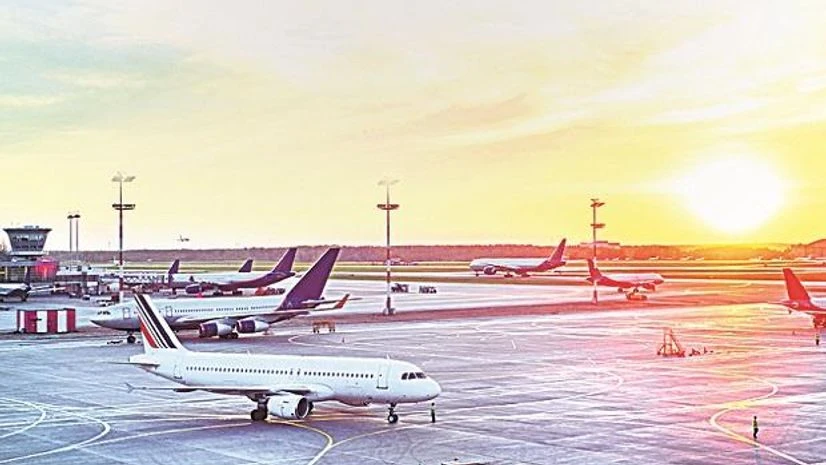The Ministry of Consumer Affairs has reportedly issued a warning to airlines, stating that they should not label every seat as paid during the web check-in process. This practice has been criticised for undermining consumer autonomy and influencing decision-making. But what are the rules regarding charging for airline seats, and is there a limit to the percentage of seats airlines can designate as paid for? Let’s delve into the details.
Can airlines charge different rates for seats selected during web check-in?
Yes, they can. According to the regulations laid down by the Directorate General of Civil Aviation (DGCA) in 2013, airlines were authorised to levy charges on just 25 per cent of seats during web check-in. However, in 2015, these regulations were relaxed, permitting airlines to impose additional fees for all seats selected during the web check-in process. The rationale behind this change was to enable airlines to offer even more competitive ticket prices to passengers who are indifferent to their seat allocation, thus promoting affordability in air travel.
What happens if a passenger does not select any seat during web check-in?
If the pricing for seat assignments is high and a passenger chooses not to select any seat during web check-in, the airline will ultimately assign a seat to him or her at no additional cost.
Also Read
What is the rationale behind airlines charging different amounts for seat selection during web check-in?
In August of this year, multiple airlines clarified this very point to a parliamentary committee. Here are the details:
AirAsia India: It justifies its seat selection pricing as part of the low-cost carrier model, emphasising "unbundling" to offer lower base fares and charge separately for added amenities. The pricing varies based on the perceived value to passengers, taking into account factors like legroom, boarding preferences and seat type (window or aisle). If a passenger does not opt for a paid seat, one of the free seats is assigned.
Air India: It follows global practices in determining seat charges, primarily considering seat type, space, position within the cabin and passenger preferences. Seats are categorised as bulkhead, emergency exit, window, aisle, or middle, with the first two having specific prices due to extra legroom and comfort. The airline also provides for free random seat allocation through its system. Passengers only pay when selecting a preferred seat different from the assigned one. On average, 45-55 per cent of seats are offered free of charge based on availability, with all seats that are not taken becoming free four hours prior to departure and at the airport. Furthermore, Air India does not charge for bassinet seats or seat selection in business and first class.
IndiGo: It maintains that differential seat pricing is a global practice, part of the unbundling of fares that lowers costs for consumers who seek basic air travel. IndiGo sets seat prices considering market dynamics, seat types (eg, extra legroom), and individual airline cost structures. These pricing variations ensure competitiveness and offer passengers choices tailored to their preferences.
SpiceJet: It emphasises that differential seat pricing is a common practice in the global aviation industry, followed by both low-cost and full-service carriers. This pricing strategy revolves around the level of comfort customers associate with specific seats and their willingness to pay a little extra to enjoy that comfort.
Vistara: Vistara offers complimentary seat selection in business and premium economy classes, with seat selection charges applying to 60 per cent of seats in the economy cabin. It implements varying seat prices on the same flight to let all passengers choose their preferred seats in advance. This pricing is determined considering factors like convenience, demand, supply and competition.

)
